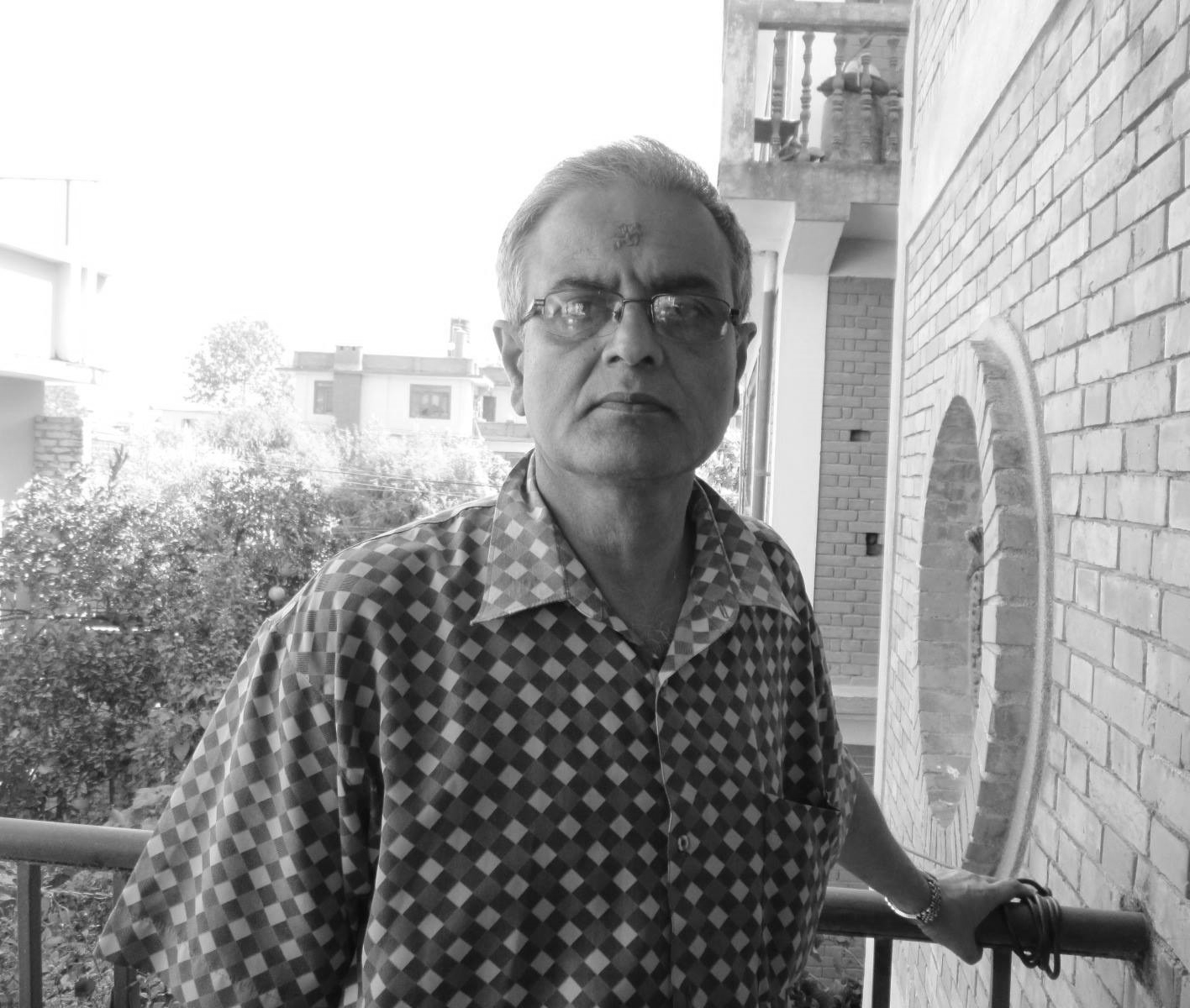Damodar Upadhyaya departed for the heavenly abode last week leaving behind a mass of mourners who have felt his absence like no other times before.
For many, he was known as a political dissident who in 2036 BS ardently fought back the corrupt system propounded by the monarchy of the time, and in the process was subjected into hiding for several years avoiding political arrests.
Much of what he accomplished politically along with his comrade, one of who was CP Mainali, can find its own time and space perhaps at different platforms, but that is not how I will remember him today.
Instead, I want to remember him with a pint of sorrow but with plenty of exuberance.
The day in the summer of 1988 was when fate meandered him to the doors of my 9th grade classroom. He showed up in blue jeans, all pert and basking as our new mathematics teacher. He didn't speak that much unlike many who usually on the first day sing their saga of triumphs. He wasn't them. He was modest, almost didn't seem to care much about what we thought and absolutely was averse to the Dunning Kruger effect unlike most folk who find themselves in that place. (Dunning Kruger effect is a cognitive bias in which people with limited competence in a particular domain overestimate their abilities)
The man was made of grit and knew the ins and outs of whatever was thrown at him. His cool, calm and even headedness was ‘slay’, as the teenagers these days would have liked to call him.
Years moved along and we were enthralled to learn from him the absurdities of human lives and the aporias it brings along. Mathematics aside, his non-intrusive way of hammering home the arithmetical swagger and his radiating passion for the practicality of logic and treaties on how to trudge along the vicissitudes of life offered his students more than what they ever asked for.
The man was a godsend.
Later on, what would inspire, sustain, and guide many of us along the slog of life’s brazenness came remarkably from just those willed moments that he bequeathed on us.
When I first heard about his passing away, I felt a sting of incompleteness for having such a big part of me taken away.
In silence I reminisced the moment he had asked me to read an essay by Noam Chomsky on ‘manufacturing consent’. To my young impressionable mind this was a watershed moment whence politics and philosophy had found their moorings. For the next 30 years, I would move on, slowly at first but in strides after where I would be at home with myself and not dissipate and wither way in the madness of the day.
Life is better because this man showed me how to live one.
There’s this story of a little boy on an ocean beach, frantically picking up starfish that are getting washed afloat by the colossal waves. The little boy is picking up one starfish at a time and is hurling it back to the water, so it gets a chance to live again.
The boy is relentless and doesn’t cease and goes on for hours trying to save as many as possible.
An old sage walks by and sees this little young man throwing those starfish back into the water.
The sage mulls over for a few minutes and approaches the boy and asks what difference it would make since there are thousands of these starfish beached out.
The little boy looks at the sage, bends down, picks one, gently throws the starfish to the water, and says, “To that one, it makes all the difference!”
Helping one soul at a time. And that is how I will always remember him!
Rest in Peace.

